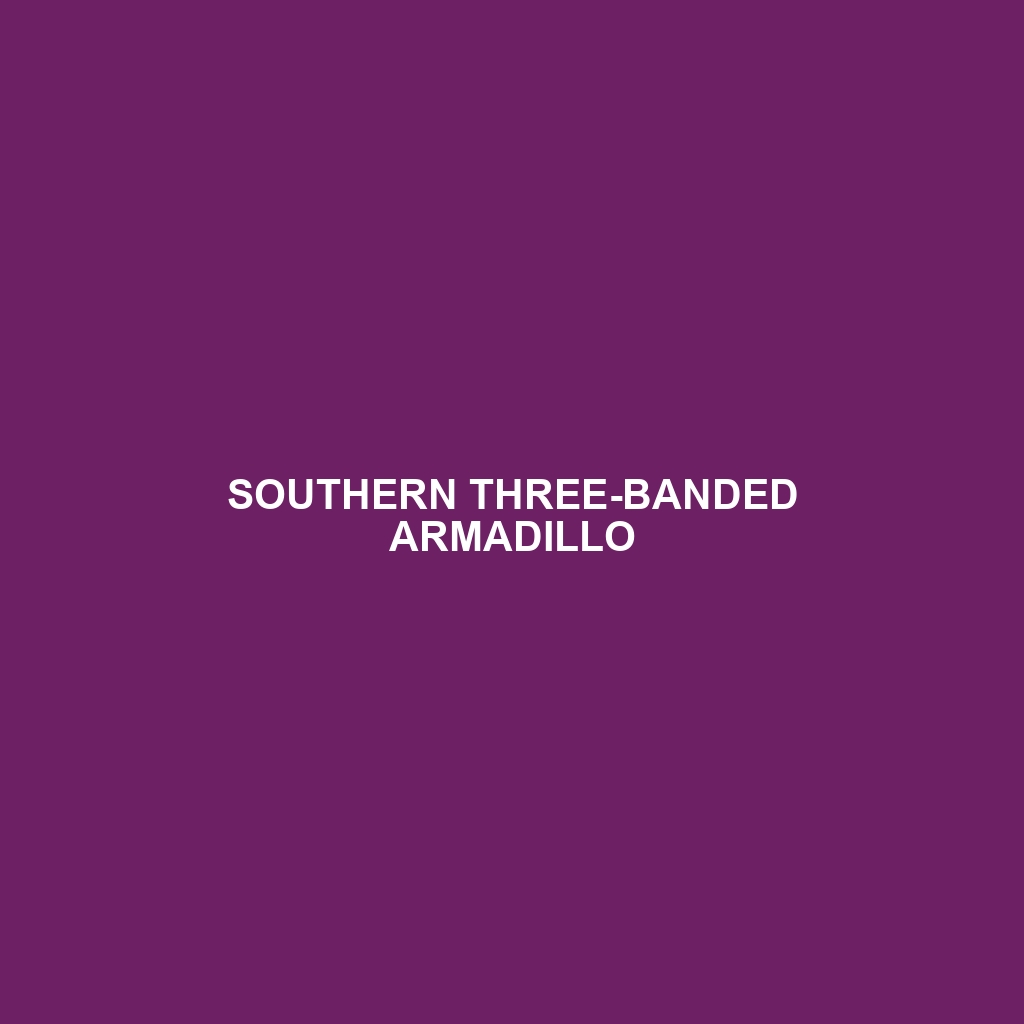Iphisa munduruku, or Munduruku, is a striking, nocturnal omnivore from the Brazilian Amazon, averaging 15 to 20 cm in length, characterized by vibrant colors and intricate spot patterns that aid in camouflage and social signaling. Adaptable to diverse environments, it plays a crucial ecological role in seed dispersal and insect population regulation, while facing threats from habitat loss and deforestation.
Tag: fauna of Brazil
Brazilian Three-banded Armadillo
Discover the Brazilian Three-banded Armadillo (Tolypeutes tricinctus), a remarkable mammal native to eastern Brazil's dry forests and savannas. With its distinctive ability to roll into a tight ball for protection, this small yet fascinating creature plays a vital role in controlling insect populations and is a symbol of Brazil's rich biodiversity. Unfortunately, the Brazilian Three-banded Armadillo faces threats from habitat loss, leading to its vulnerable conservation status, making efforts to protect this unique species more important than ever.
Cerrado Naked-tailed Armadillo
Discover the fascinating Cerrado Naked-tailed Armadillo (Cabassous squamicaudis), a lesser-known species thriving in Brazil’s unique Cerrado biome. Characterized by its distinct scale-free tail and remarkable digging abilities, this nocturnal insectivore plays a crucial role in soil aeration and nutrient cycling. Learn about its adaptations, ecological significance, and the conservation efforts aimed at protecting this Near Threatened species from habitat loss.


